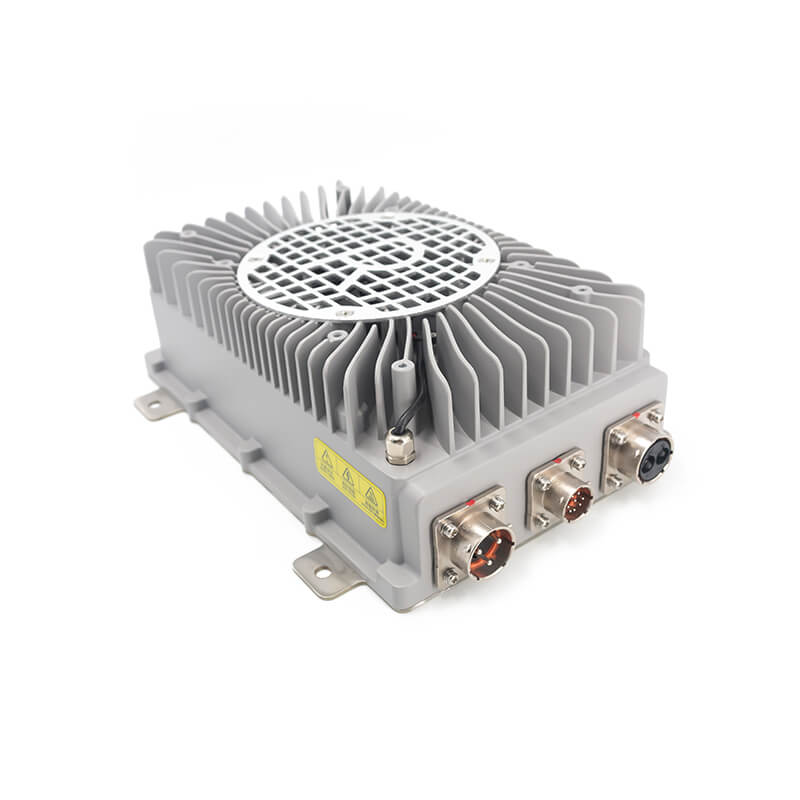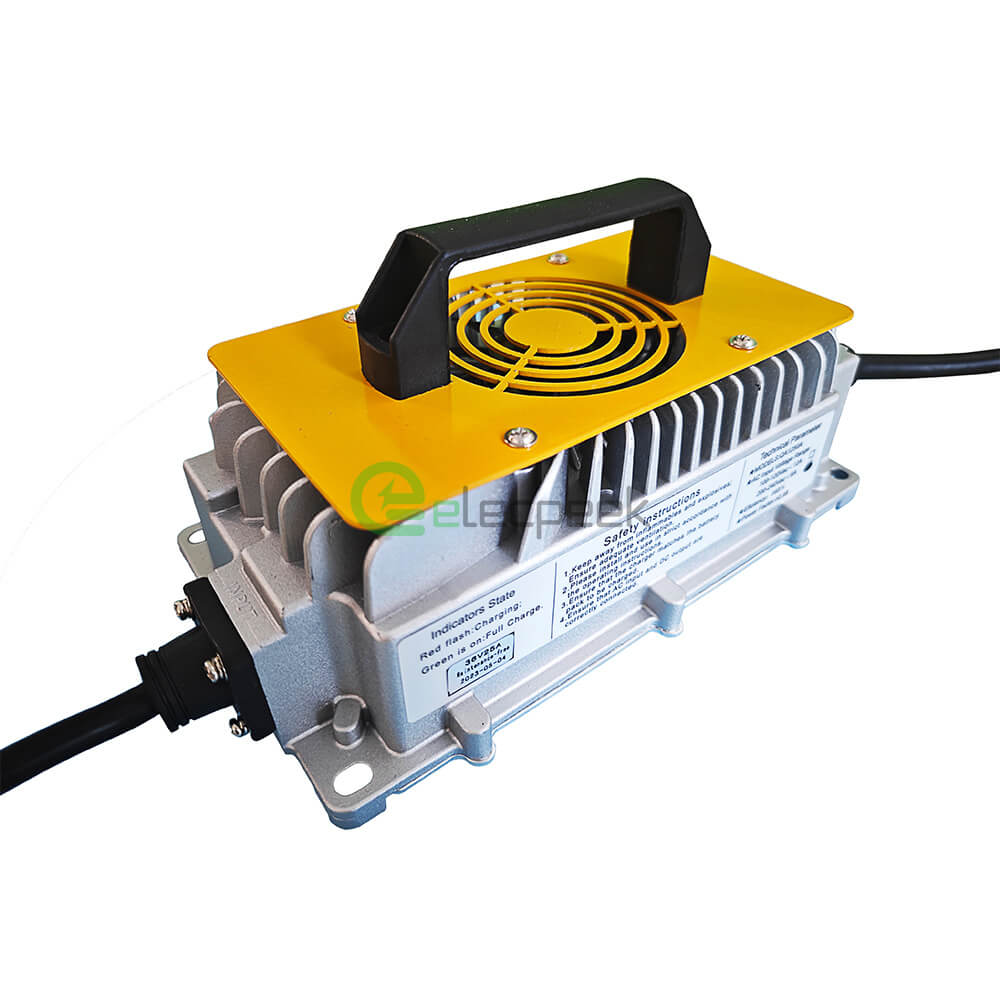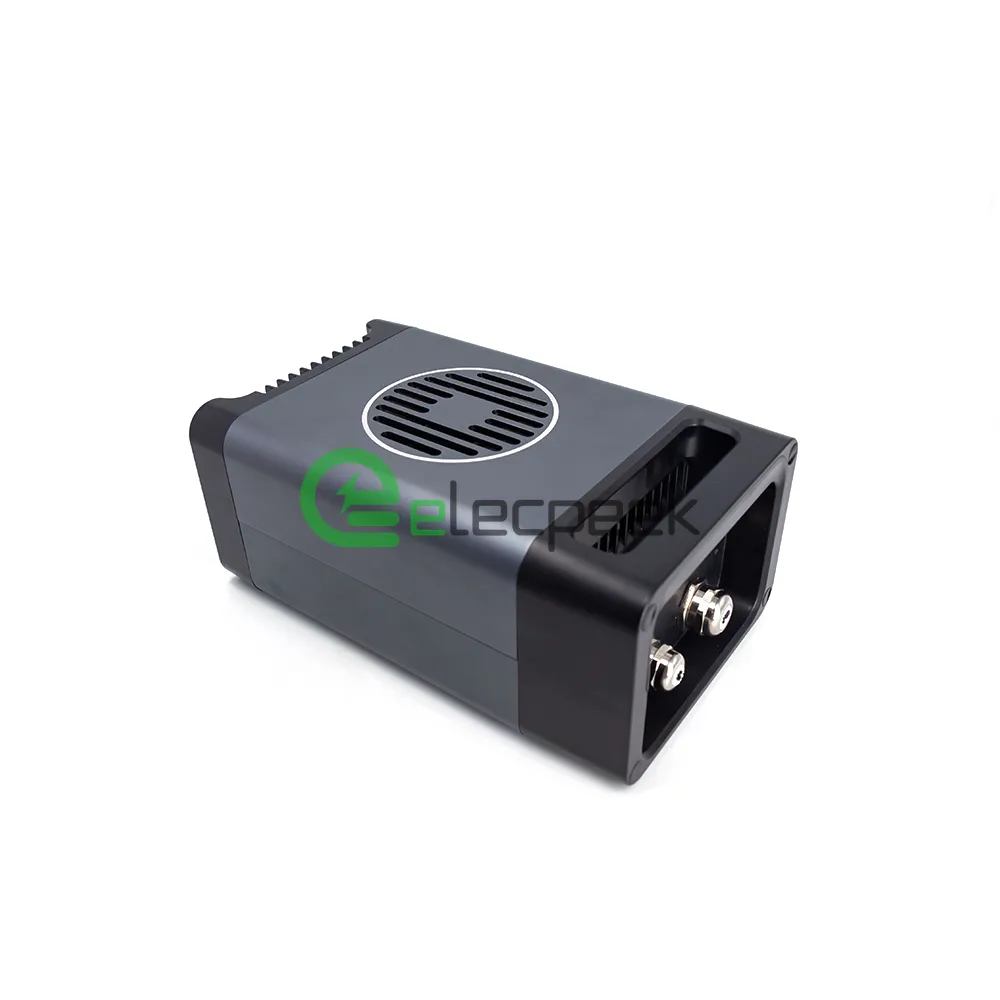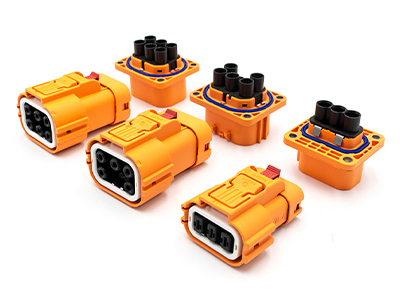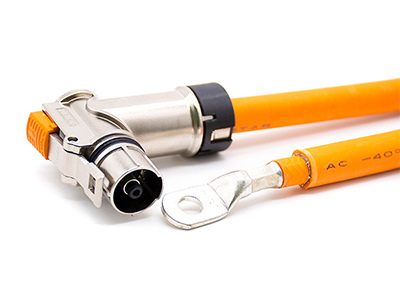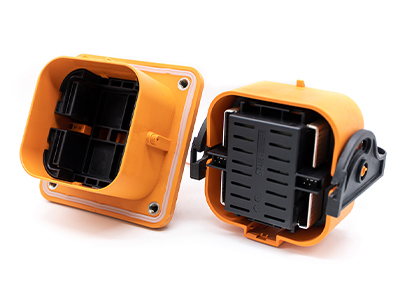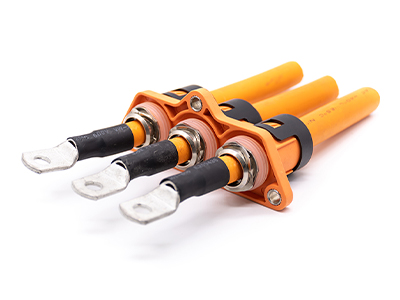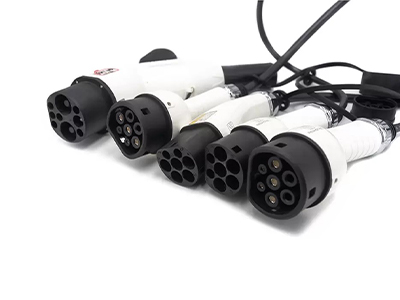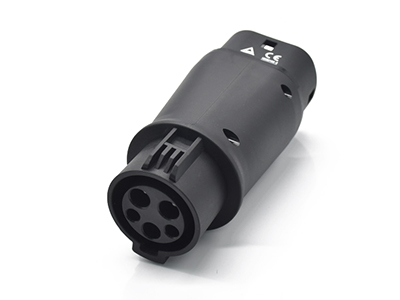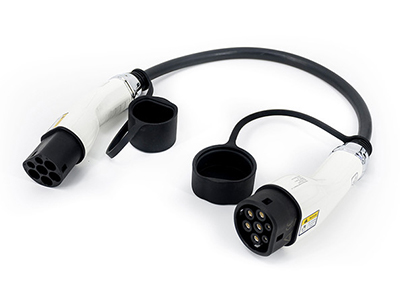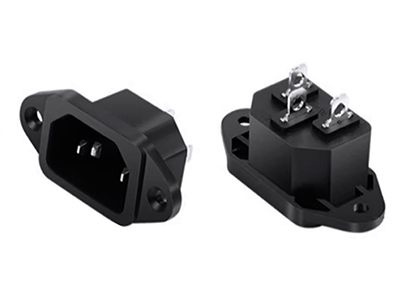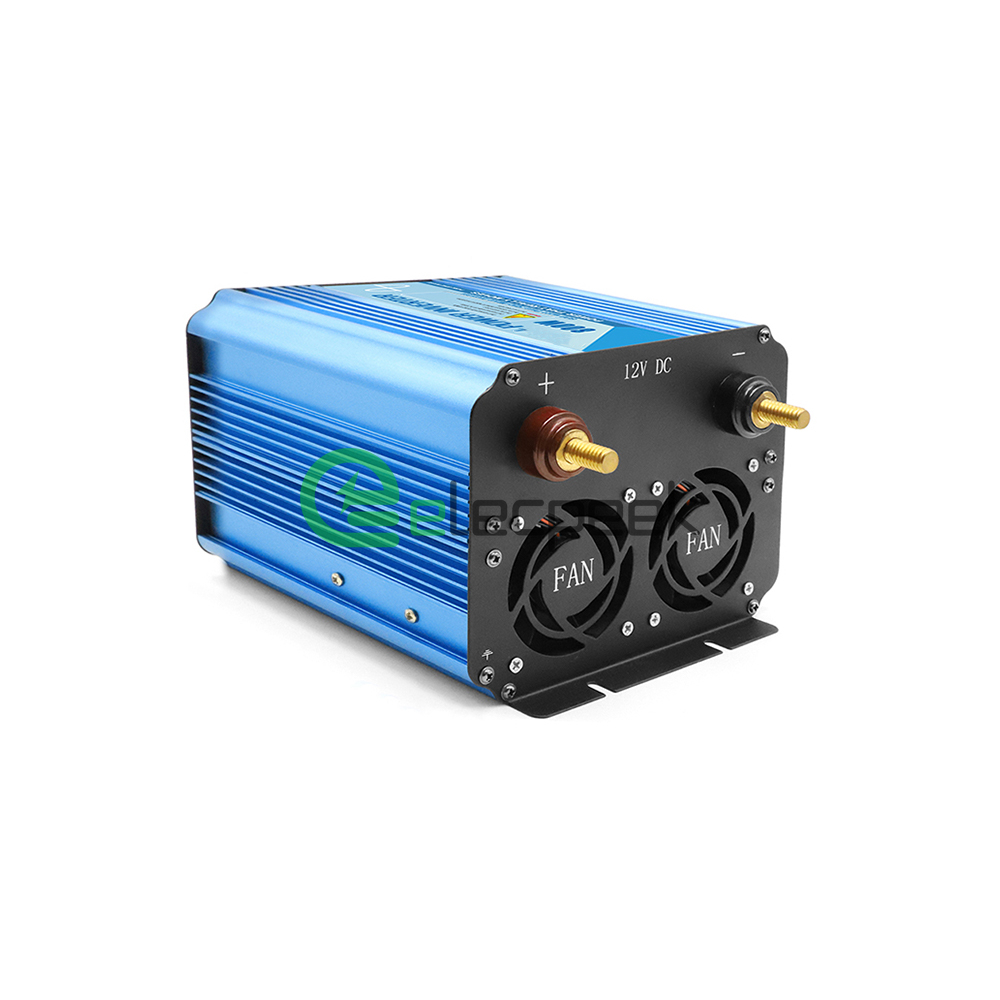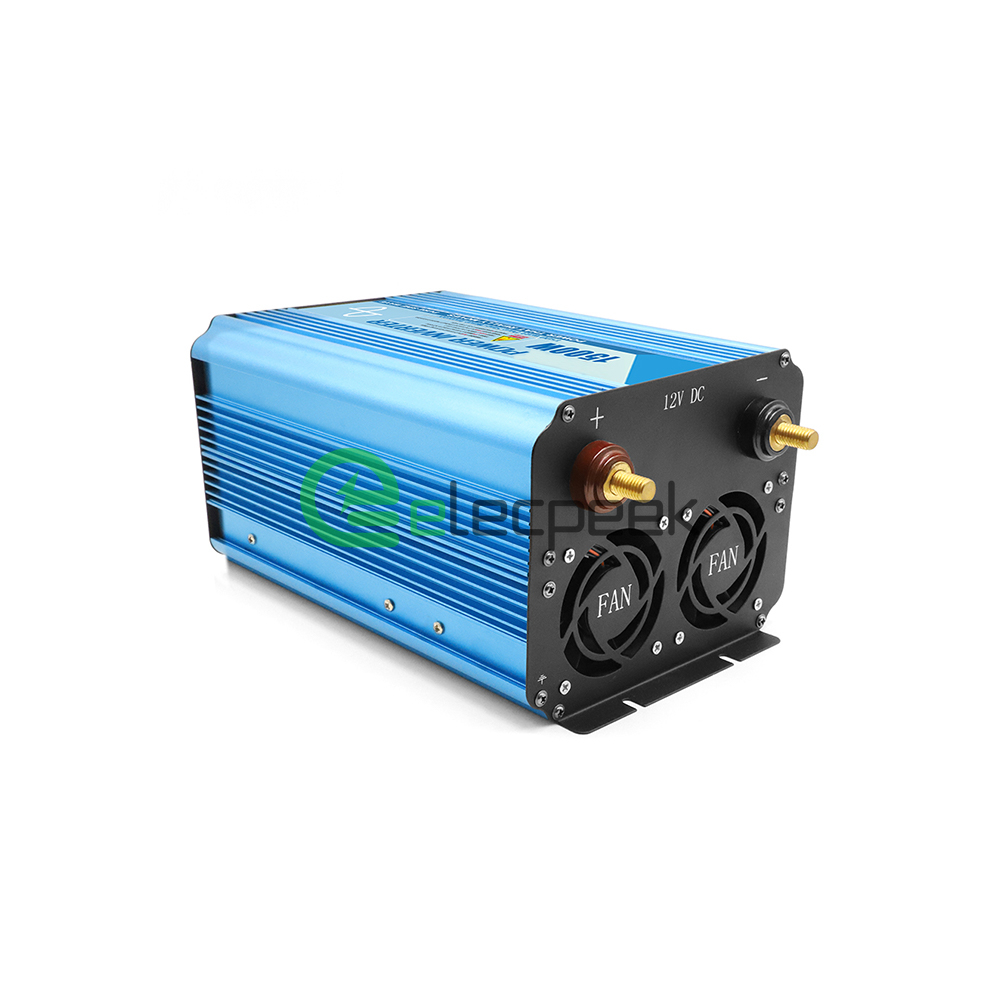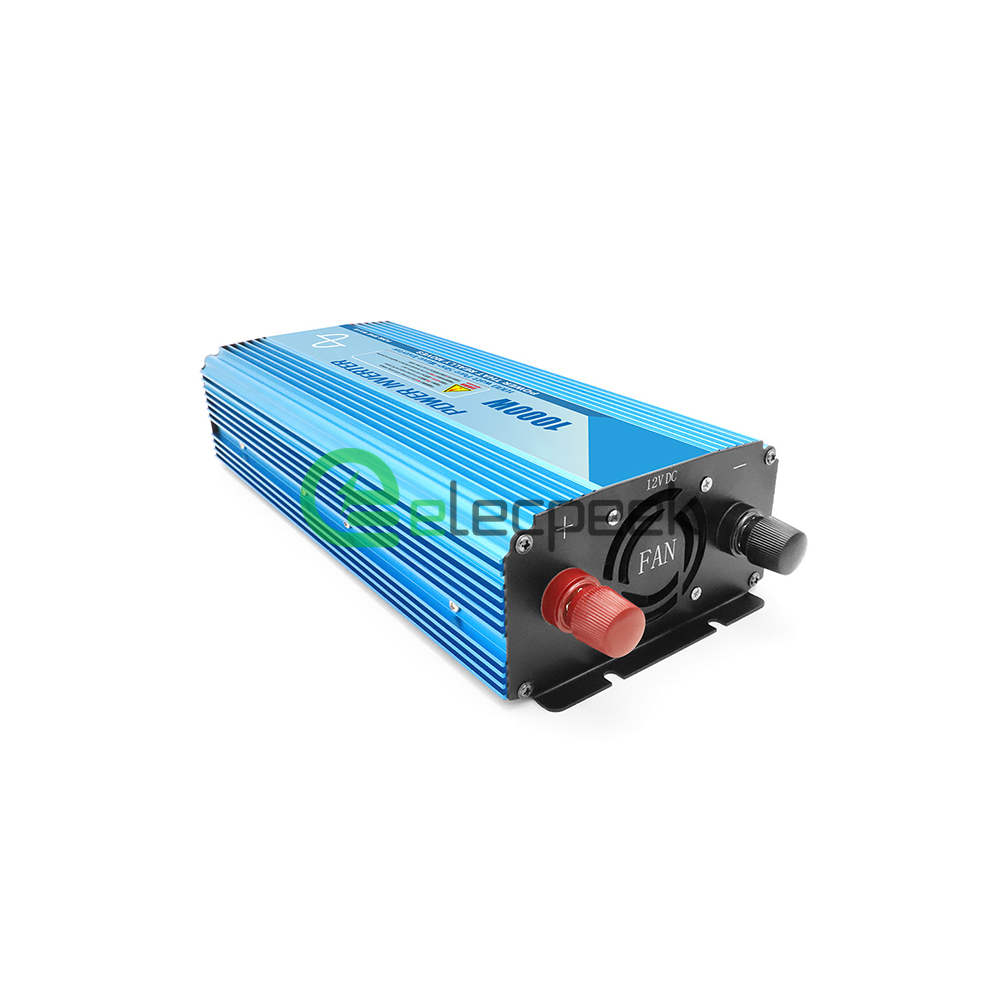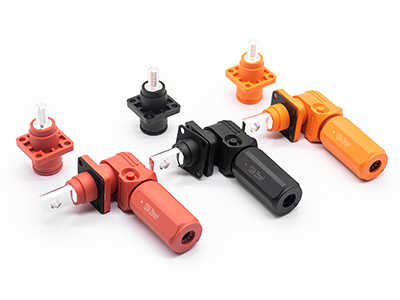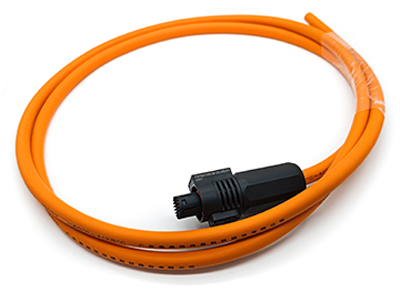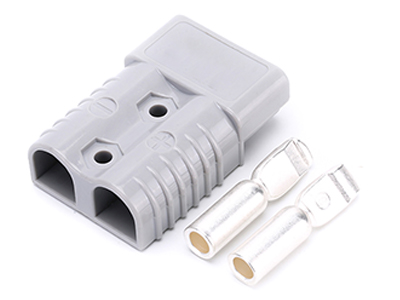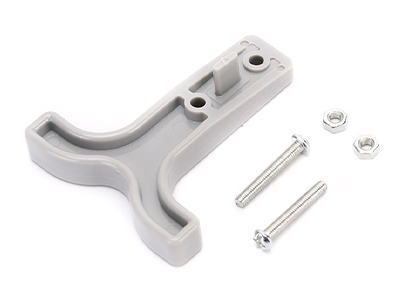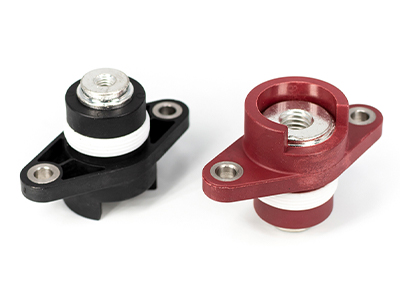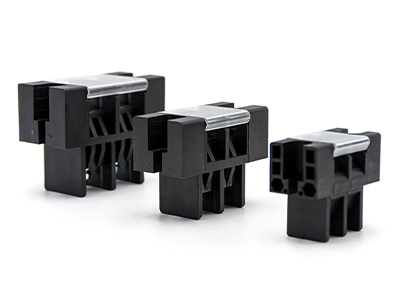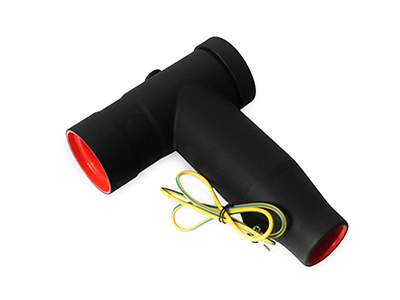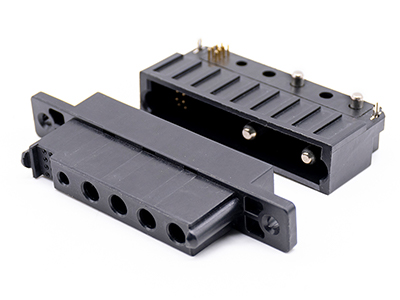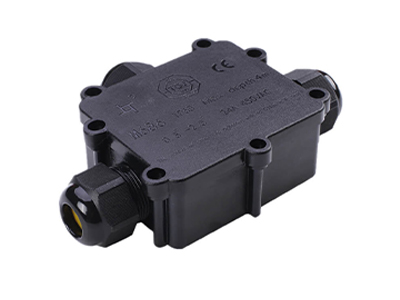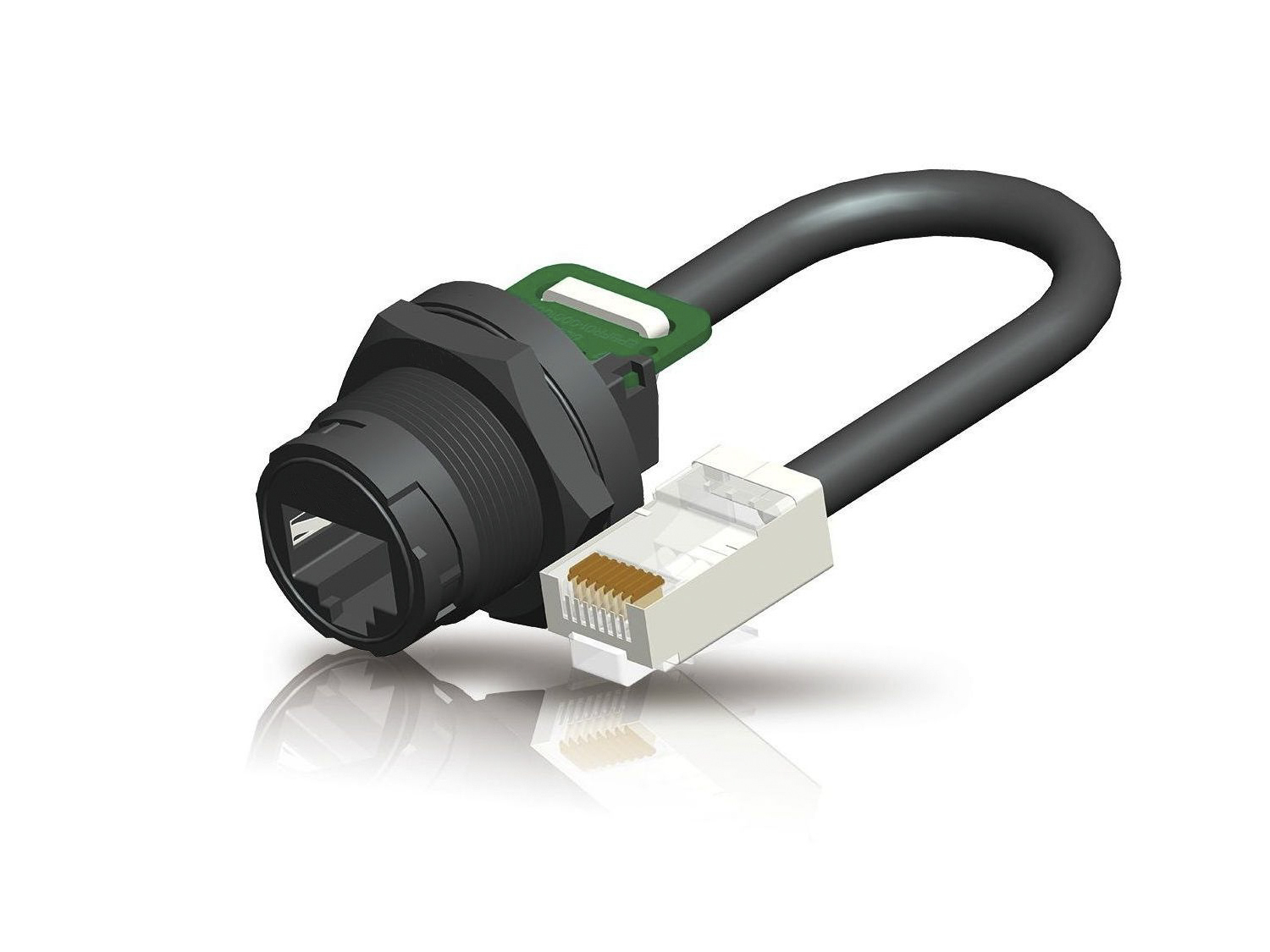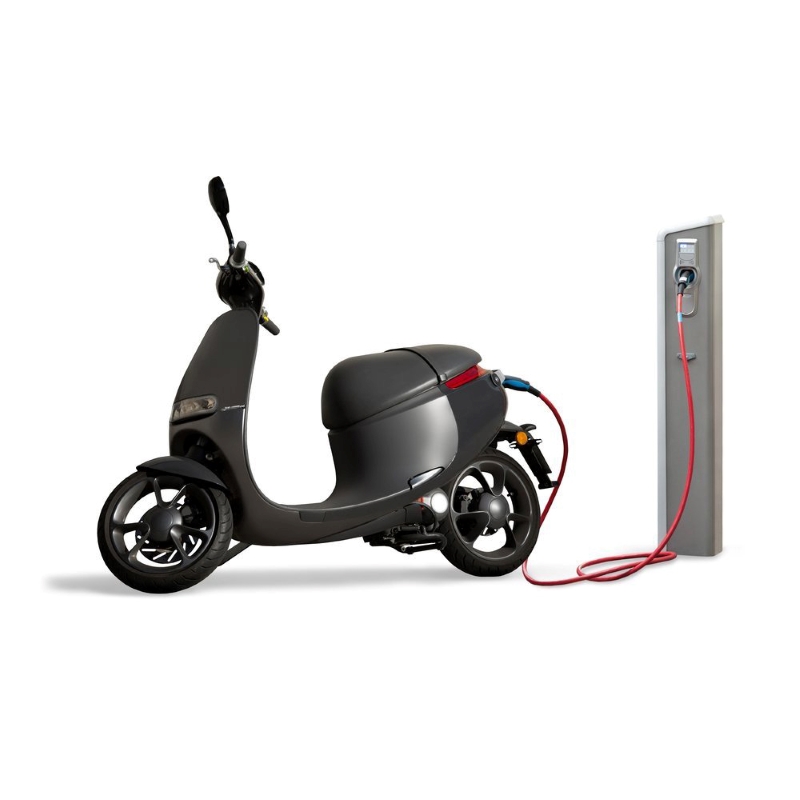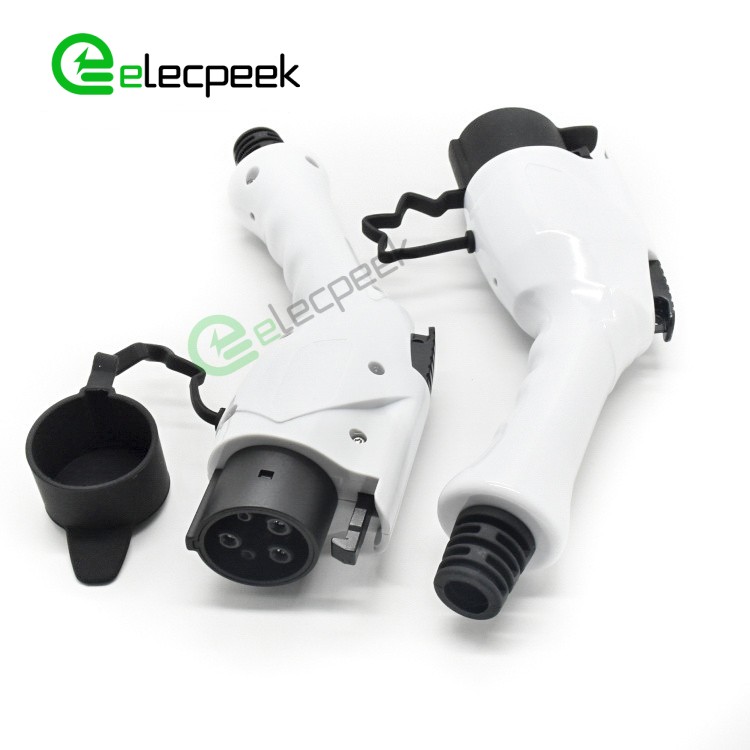News
How Fast Does A J1772 Charger: What to Know About Charging Fast
One of the most common charging connectors for electric vehicles is the J1772, also known as the SAE J1772 or Type 1, which is predominantly used in the United States and Canada. In this article, we will delve deep into the J1772 charging speeds, factors influencing these speeds, and tips to maximize charging efficiency.
What is J1772 Charging?
The J1772 charging connector is a standard plug type used for electric vehicle charging, particularly in North America. The connector supports both Level 1 (120V) and Level 2 (240V) charging, providing flexibility and convenience for EV owners.
Level 1 Charging: Slow and Steady
Level 1 charging is the slowest form of charging and typically comes with the EV when purchased. Using a standard 120V household outlet, Level 1 charging provides about 2-5 miles of range per hour of charging. This charging level is most suitable for overnight charging or when the vehicle is parked for extended periods.
Level 2 Charging: Faster and More Efficient
Level 2 charging is a faster and more efficient charging option for EV owners. Using a 240V power source, Level 2 charging provides approximately 10-60 miles of range per hour of charging, depending on the EV’s onboard charger and the charging station’s capabilities. Level 2 charging is ideal for home charging, workplace charging, and public charging stations.
It is worth noting, as noted in Appendix M of the SAE J1772 standard document, a third AC charge method was considered but never implemented for light vehicles.
Factors Affecting J1772 Charging Speeds
Several factors influence the charging speed when using a J1772 connector. Understanding these factors can help you optimize your charging experience and make the most of the available charging options.
Onboar Charger Capacity
The EV’s onboard charger capacity plays a significant role in determining the charging speed. Onboard chargers convert AC power from the charging station to DC power, which is then stored in the vehicle’s battery. The higher the capacity of the onboard charger, the faster the charging process. Onboard chargers typically range from 3.3 kW to 19.2 kW, and it’s essential to know your vehicle’s onboard charger capacity to choose the right charging station.
Charging Station Power
The power output of the charging station is another crucial factor that impacts charging speeds. Level 2 charging stations can provide power ranging from 3.3 kW to 19.2 kW. To maximize charging speed, choose a charging station that matches or exceeds your vehicle’s onboard charger capacity.
Battery State of Charge
The state of charge of your EV’s battery also affects charging speeds. Batteries tend to charge faster when they are at a lower state of charge and slower when approaching full capacity. This is because the charging process needs to be carefully managed to avoid damaging the battery when it’s near its maximum capacity.
Temperature
Temperature can also impact charging speeds. Extremely cold or hot temperatures can cause the battery management system to limit the charging rate to protect the battery. Charging in moderate temperatures is ideal for achieving optimal charging speeds.
Tips for Maximizing J1772 Charging Efficiency
To make the most of your J1772 charging experience, consider these tips:
Choose the Right Charging Station
Ensure the charging station you use matches or exceeds your EV’s onboard charger capacity. Using a charging station with a lower power output than your vehicle’s onboard charger capacity would result in slower charging speeds.
Schedule Charging During Off-Peak Hours
Charging during off-peak hours can help you save on electricity costs and potentially reduce the load on the electrical grid. Many utilities offer lower rates during off-peak hours, so it’s worth exploring this option.
Maintain Your EV’s Battery
Regularly checking your EV’s battery health and keeping it well-maintained is essential for efficient charging. Follow the manufacturer’s guidelines for battery maintenance and ensure the battery management system is functioning correctly.
Plan Your Charging Strategy
Develop a charging strategy based on your daily driving needs and charging options available. For example, if you have access to workplace charging, you may not need to charge at home every day. Plan your charging sessions to make the most of your J1772 charging capabilities.
In conclusion, understanding the J1772 charging speeds, factors influencing these speeds, and tips for maximizing charging efficiency can help you make the most of your electric vehicle ownership experience. By choosing the right charging station, maintaining your EV’s battery, and planning your charging strategy, you can ensure a smooth and efficient charging process using the J1772 connector.

